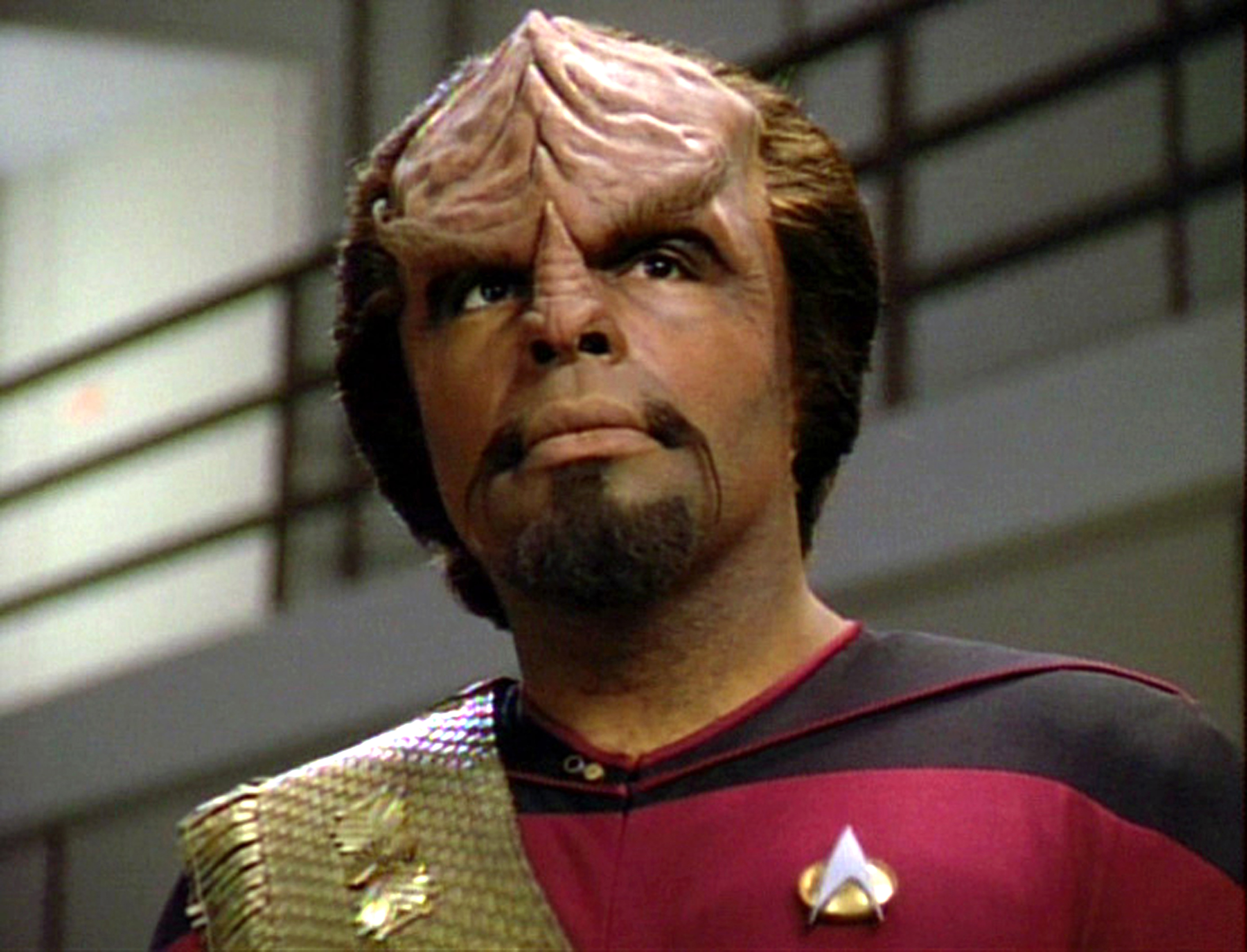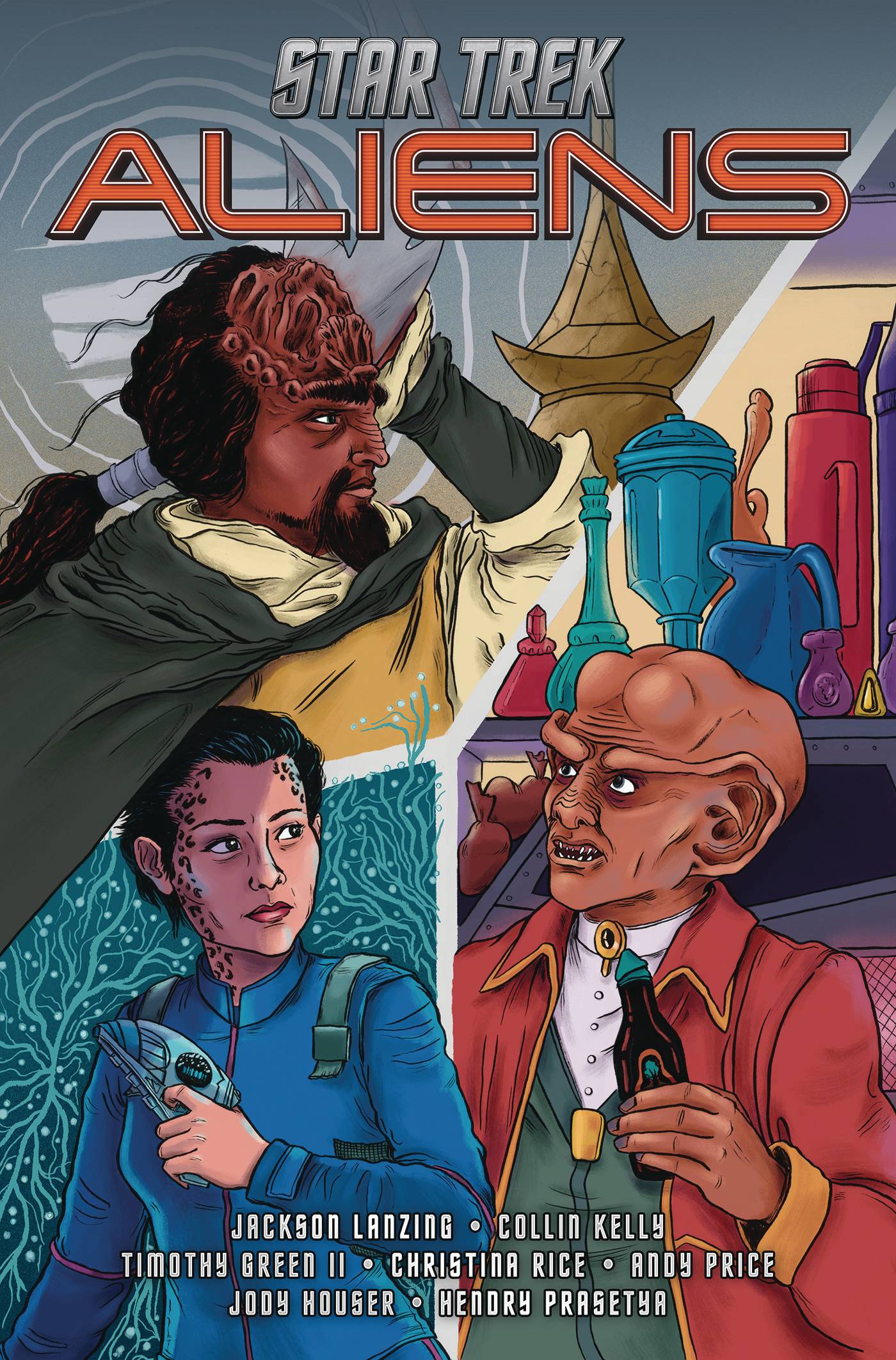The universe of Star Trek is a rich tapestry woven with diverse cultures, species, and languages. Among the most intriguing of these are the aliens characterized by their prominent high foreheads, such as the Klingons, Romulans, and Vulcans. These extraterrestrial beings not only captivate viewers with their unique appearances but also with their complex languages that reflect their cultural nuances and societal structures. Understanding the language of Star Trek aliens with high foreheads offers fans an in-depth look at the intricate worldbuilding that has become a hallmark of the franchise.
Each species in Star Trek contributes to the overarching narrative through its language, including specific dialects, idioms, and non-verbal cues. The language of these aliens often serves as a means of expressing their values, beliefs, and emotions, revealing their history and cultural identity to the audience. Consequently, the language of Star Trek aliens with high foreheads becomes not just a tool for communication but a critical element that deepens the viewer's engagement with the storyline and the characters' motivations.
As we delve into the languages of these iconic extraterrestrial beings, we will explore how linguistics plays a vital role in shaping their identities and interactions with humans. From the guttural tones of Klingon to the logical syntax of Vulcan, the distinct languages of Star Trek’s high-foreheaded aliens provide a fascinating lens through which to view the diverse and complex universe they inhabit.
What Are the Unique Characteristics of Klingon Language?
The Klingon language, created by linguist Marc Okrand, is one of the most developed fictional languages in the Star Trek universe. It is characterized by:
- Guttural Sounds: Klingon features harsh, consonant-heavy phonetics that reflect the warrior culture of the Klingons.
- Complex Grammar: The grammatical structure of Klingon includes prefixes, suffixes, and a distinctive sentence formation.
- Cultural Expressions: Many phrases in Klingon convey honor, battle, and loyalty, which are central to Klingon identity.
How Do Romulans Communicate Differently?
Romulan communication is steeped in secrecy and cunning, much like their culture. Some key aspects include:
- Subtlety and Nuance: Romulan language often employs indirect expressions and metaphors, reflecting their strategic mindset.
- Non-Verbal Cues: Body language plays a significant role in Romulan communication, with gestures often conveying more than words.
- Diplomatic Language: Given their political machinations, Romulans often use language to manipulate situations, revealing their cunning nature.
What Makes Vulcan Language Unique?
The Vulcan language represents logic and reason, embodying the values of the Vulcan people. Notable features include:
- Logical Structure: Vulcan syntax is designed to eliminate ambiguity, reflecting their commitment to logic.
- Emotional Restraint: Vulcans often avoid emotional expressions in their speech, aligning with their cultural ethos.
- Rich Vocabulary: The language has an extensive lexicon, with specific terms that describe complex philosophical concepts.
How Do These Languages Influence Inter-Species Relations?
The language of Star Trek aliens with high foreheads plays a crucial role in shaping inter-species relations. Language serves as a bridge—or a barrier—between cultures, influencing how characters interact and negotiate. When characters like Captain Kirk or Spock engage with Klingons or Romulans, their command of language often dictates the success of the interaction. Misunderstandings can lead to conflict, while effective communication can foster alliances. The nuances of each language reflect larger themes of diplomacy, trust, and cooperation.
Are There Linguistic Resources for Fans?
Fans of Star Trek have a plethora of resources at their disposal to explore the language of Star Trek aliens with high foreheads further:
- Klingon Language Institute: Offers courses and resources for learning Klingon.
- Vulcan Language Database: A collection of phrases and grammatical rules for those interested in Vulcan.
- Romulan Language Guides: Various fan-created guides and resources to understand Romulan speech patterns.
What Role Does Language Play in Character Development?
The language of Star Trek aliens with high foreheads is not just a means of communication; it is a tool for character development. Through their language, viewers gain insight into the motivations, beliefs, and internal struggles of characters. For example, a Klingon’s fierce, direct speech reflects their warrior ethos, while a Vulcan’s calm, logical dialogue showcases their commitment to reason over emotion. These linguistic choices help to create depth and complexity within each character, allowing audiences to connect with them on a more profound level.
Can We Learn These Languages?
Absolutely! With the increasing popularity of Star Trek, many resources are available for fans wishing to learn the languages of these iconic aliens. Online courses, language books, and fan communities dedicated to Klingon, Romulan, and Vulcan offer a wealth of knowledge. Engaging with these languages allows fans to immerse themselves further in the Star Trek universe and connect with fellow enthusiasts.
Conclusion: The Lasting Impact of Star Trek Linguistics
The language of Star Trek aliens with high foreheads serves as a testament to the creativity and depth of the franchise. By exploring these languages, fans can gain a better understanding of the cultures, values, and identities of the species that inhabit the Star Trek universe. Whether it's the warrior spirit of Klingons, the cunning nature of Romulans, or the logical approach of Vulcans, the linguistic aspects of these characters enrich the narrative and enhance the viewer's experience. As we continue to explore these fictional languages, we also celebrate the power of communication in all its forms, transcending boundaries and fostering connections across the galaxy.
Timeless Trends: Exploring Decades Day Wear
Unlocking The Nutritional Treasure: The Benefits Of Unripe Plantain
Exploring The Life And Legacy Of George Obiozor



ncG1vNJzZmivp6x7s7vCpJmroZScsqO%2B1KKlrGafp7RwuMivnJ6ulaPBp7vCrqpopJGjtLatxp5kqJ5dqMGivoytqZ6jXZa5qrHNrGSwoaSdeqm1xqFkn6eimrWmrcOsZaGsnaE%3D
